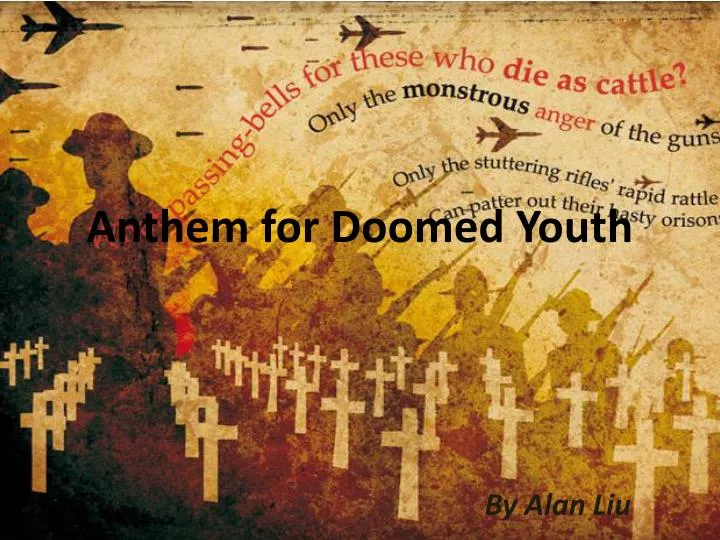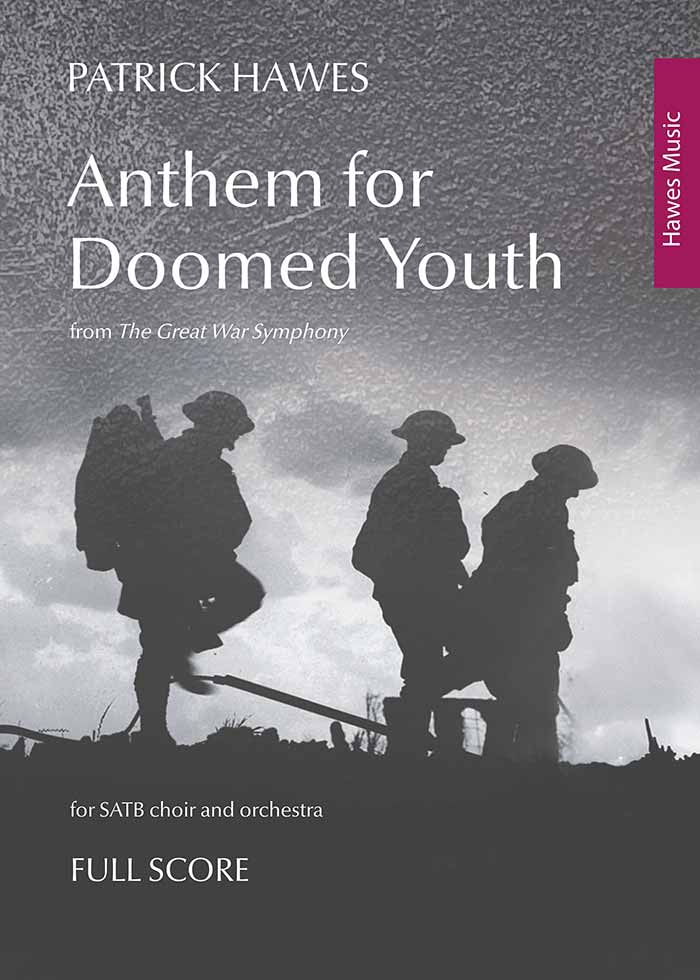


Owen’s first task once he was sent to the front lines was to hold positions in No Man’s Land-the unoccupied territory between the Allied and German armies-in the Beaumont Hamel region in France later, he was sent behind the lines for a transport course. By November 1916, torrential autumn rains had turned the battlefield into a sea of mud, preventing Allied armies from advancing more than five miles and helping the Germans retain their seemingly impregnable positions in the trenches. The winter of 1916-17 was a particularly difficult time in the war-the Battle of the Somme, an Allied offensive campaign launched the previous summer, was proving unsuccessful. After 14 months of training with the Artists’ Rifles in various parts of England, Owen was commissioned a second lieutenant in the Manchester Regiment on June 4, 1916, and posted to the western front later that same year. Originally, Owen did not intend to enlist in the British army, but following a visit to a hospital for the wounded, he decided, in September 1915, to return to England and join up. Events in History at the Time of the Poetry Owen’s wartime experiences

Sassoon oversaw the posthumous first publication of Owen’s poems, which garnered critical praise for their mastery of rhyme and their unflinchingly realistic depiction of the horrors of modern war. He was killed in action a week before the war ended. Continuing to write poetry, Owen returned to the army in November 1917, serving with distinction-he received the Military Cross. Hospitalized for some months with “shell shock,” Owen met the war poet, Siegfried Sassoon, whose realistic verse deeply influenced Owen’s own work. Owen eventually enlisted in the army, which led to his fighting as an officer at the western front in 1917. After suffering a serious illness in 1913, Owen left to teach English in Bordeaux, France, and was there when World War I broke out. In 1911-12, he worked as an unpaid lay assistant to a vicar in the poor country parish of Dunsden, where he taught Bible classes, led prayer meetings, and attended missionary gatherings. Like his mother, to whom he was quite close, Owen was religious and even considered pursuing a career in the church. Educated at the Birkenhead Institute and at Shrewsbury Technical College, Owen matriculated in 1911 but without the honors necessary to enter a university. Wilfred Edward Salter, born on March 18, 1893, in the village of Oswestry in Shropshire, England, was the eldest son of a minor railway official. Owen’s poetry portrays the grim horrors of trench warfare and the futile waste or youthful manhood.Įvents in History at the Time of the Poetry War poetry written and set in France during World War 1, 1914-18 first published in 1920.

“Anthem for Doomed Youth” and Other Poems


 0 kommentar(er)
0 kommentar(er)
